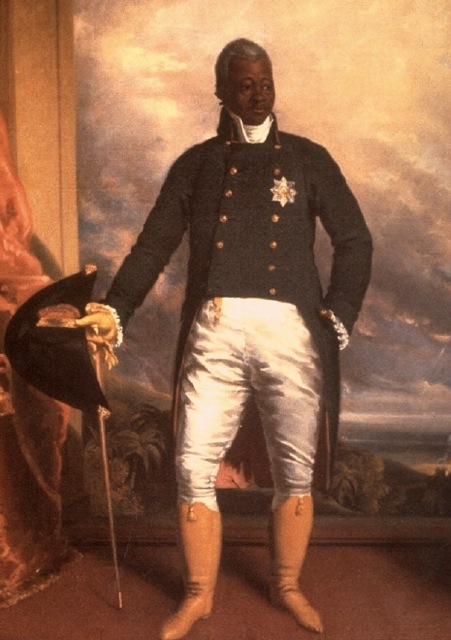Apr
17
Cien años III
Posted by: | April 17, 2010 | Comments Off on Cien años III
Well, what a nice little twist of serendipity. I was almost certain that I should simply chalk the blog posts I failed to finish as missed opportunities. Thankfully, I now have the chance to give a piece of my mind some literature once again.
I’d be lying if I said my memory of the 3rd chunk of Cien años was perfect. The reality is, it feels like an eternity has passed since I read that section. However, now that I’ve had time to sit back and reflect on the book for a while, I get the unique opportunity to make some commentary on the third section of the book, and how I feel it ties into the overall scheme of the novel.
I could choose to focus on providing my thoughts and analysis of numerous distinct parts of the third reading, but I think it’s a more useful exercise to provide some of my personal commentary and insight on one component of reading that struck me as being particularly interesting. It is a well established fact that one of the most important components of Cien años is its cast of characters. The characters are integral to Cien años success as a novel, and their interweaving stories are the threads that weave the fabric of the novel. With that being said, I found that one character in particular was of interest in the third section of the novel — Ursula. Urusula is the matriarch of the Buendía family, and in many ways, is the glue that seems to keep the family from falling apart. She is selfless, and always puts the interests of the family members ahead of her own; she is also very solitary. When skimming through the third section of the novel again, I noticed a made a note on one of the pages that I found particularly interesting. Ursula is getting very old and going blind, and feels very lonely due to the “changes” that have taken place in the Buendia household. The note I made on on the page simply says “Ursula is 100 years of solitude.” The solitary and lonely lifetime that she has spent as a member of the Buendia family is the personification of the book’s title. Although Ursula is important in this respect, she is also symbolic of the passing of time, and it’s somewhat cyclical nature at times — one of the important pieces of commentary that I feel GGM tried to portray in his novel. I’m not going to pretend that this observation is some sort of profound realization that has never occurred to other readers of the novel.
Anyway, I’m going to stop rambling for now.

